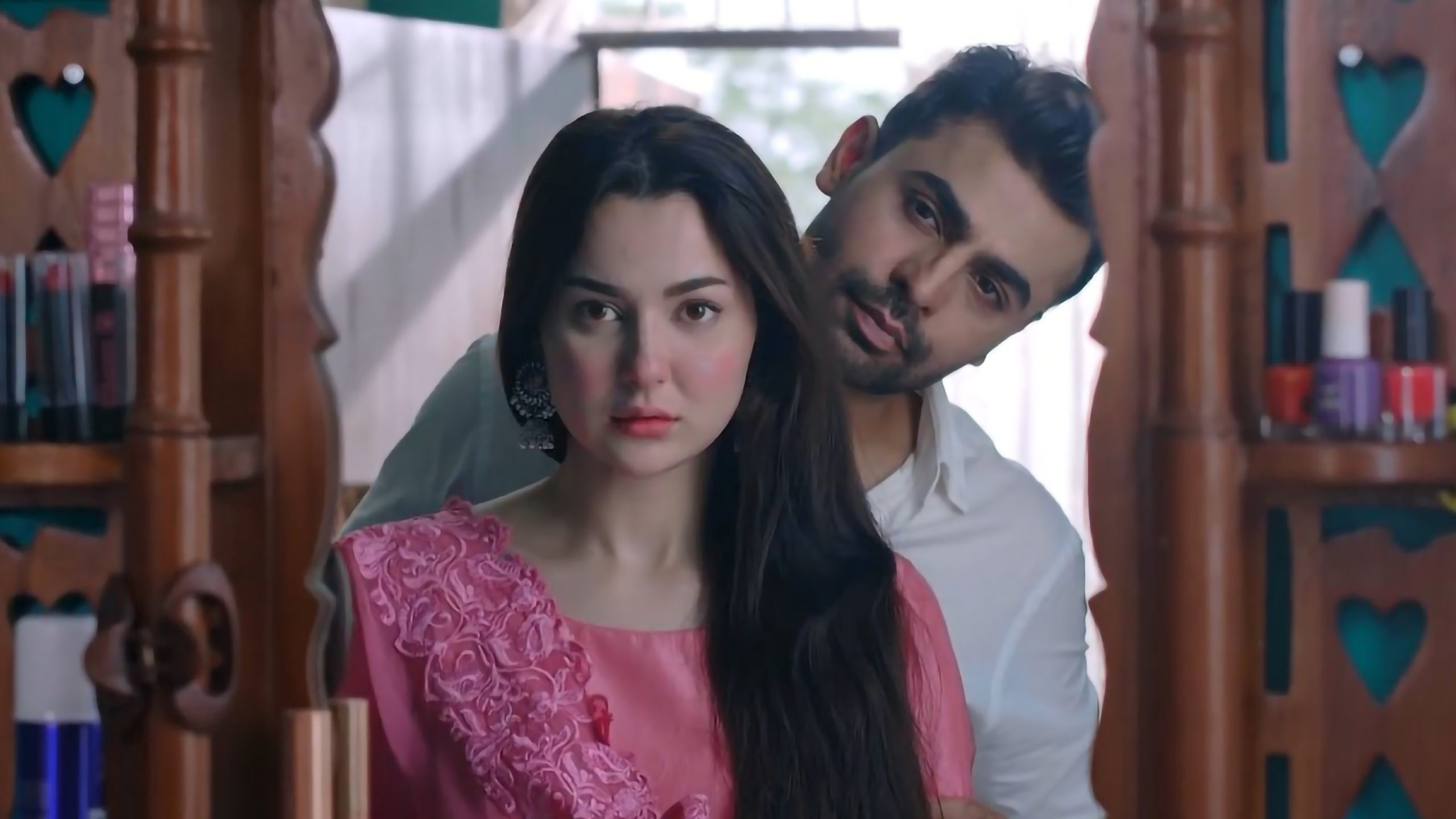“Mere Humsafar” has been a hit show, drawing in viewers from all over the globe to watch Hala and Hamza’s love story. While the core story followed Hala’s struggles, it’s the love story when Hamza arrived as Hala’s savior that really won over the audience – and yet, that love story hit a rough patch in recent weeks. Does the finale manage to redeem this beloved lead pair? “Mere Humsafar” stars Hania Amir, Farhan Saeed, Wasim Abbas, Saba Hameed, Samina Ahmed, Zoya Nasir, Omer Shahzad, Tara Mehmood, Amir Qureshi and others. The story has been written by Saira Raza and directed by Qasim Ali Mureed.
The finale is wrapped up neatly with the birth of Hamza (Farhan Saeed) and Hala’s (Hania Amir) baby girl. Hala agrees to return back home, under the protection of her husband and her status as their daughter’s mother, now ready to claim her space in a place that is now her “home.” However, Hala does not intend to stay there for too long as Hamza makes arrangements to move his family to Australia, much to the heartbreak of Shah Jahan (Saba Hameed). And while Hamza’s decision is the right one, it’s short-lived as Shah Jahan repents, Hala asks Hamza to change his decision and Hala and Shah Jahan make peace with one another.
Ironically, the real winner in “Mere Humsafar” is Sameen (Zoya Nasir), a young girl who had always been career-driven, but allowed her toxic family’s brainwashing divert her attention and pull her focus towards Hamza…..and later Khurram (Omer Shahzad). While Sameen forgives Khurram and leaves the door potentially open to their reunion, she chooses to focus entirely on her education and making her parents proud. She has been a strong character throughout, a character who has made mistakes along the way and lashed out towards others due to her emotions (namely Hala), but she has come a long way. This sort of character is inspirational and sets a good example. Zoya Nasir has done a good job in this role.
Discussing positives, it’s beautiful to see how Hamza chooses to support Hala and pull her out of this negative environment, even if the negative environment involves his own family. The moments between Hala and Hamza are, as always, the highlight of the writing. However, let’s discuss the many negatives that come in the form of a cop-out. What the finale aims to do with Shah Jahan realizing her mistakes and apologizing is showing that the cycle of abuse can end with acknowledgement and the decision to change one’s ways. That is meaningful. However, a character like Shah Jahan must acknowledge her own journey – and that is never acknowledged. Shah Jahan became a victim of abuse herself at the hands of her mother-in-law and her husband Raees (Waseem Abbas) – a husband who continues to act innocent in the finale, as though he did not have a hand in the entire chaos not only with his abuse, but also his toxicity. Yet suddenly, after over 35 episodes, Shah Jahan has a change of heart after abusing a young woman from the age of six well into adulthood. Why? Simply because her son turned against her? The change of heart comes too quickly and honestly speaking, there is absolutely zero growth shown for us, as an audience, to accept this change. If anything, the cycle of abuse would have been better broken by showing Hamza and Hala moving to Australia and raising their child in a loving household, Rumi finding happiness with her husband and new family, and Sameen studying and making her parents proud. This is breaking the cycle of abuse. This is empowerment. This should have been Hala’s real justice, her true happy ending.
Overall, “Mere Humsafar” will always be remembered for Hamza and Hala as a hit pair. However, there was so much more to explore with this storyline. Instead of creating so many misunderstandings between the lead pair, more focus on the family dynamics, spending more time on Shah Jahan’s journey to regret, Hala’s relationship with her father and sister and, eventually, a real reveal of the abuse Hala faced would have been a better way of utilizing the bulk of the last episodes. “Mere Humsafar” was good enough – but it could have been great.

